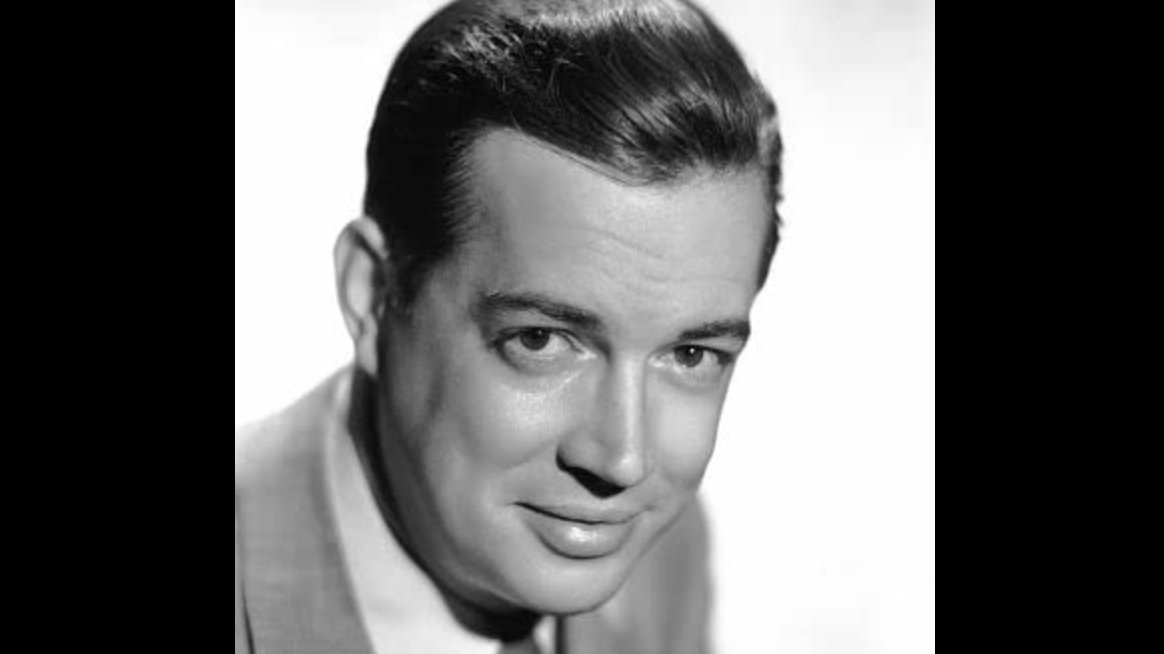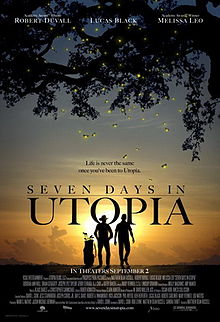
How Faith Transformed Hugh Downs Life From Bitterness to Selflessness
By John Tuttle, Contributing Writer
Note: This story is part of our Faith in Hollywood series. For similar stories, click here.
TV personality Hugh Downs, who passed away in 2020 at the age of 99, had an impressive resume of thousands of hours spent on-screen under his belt.
In the late fifties, he joined THE TONIGHT SHOW with Jack Paar, and in 1962, he came on board to host NBC’s TODAY. Then, in 1978, Downs was invited to become the host of the ABC News program 20/20, an offer that he took and a role that kept him busy until his retirement in 1999.
Though Downs suffered from numerous shortcomings, such as a longstanding fear of speaking in front of the camera, he gained a respectable reputation as a presenter and broadcast journalist. More than that, he also filled his days with writing and composing music.
However, Downs also confessed to internal struggles that caused him to view helping other human beings as a sign “of weakness or guilt.”
In a 1966 article for a faith magazine, Downs recalled the story behind his reclaiming of his concern for his fellow man and his renewed vigor in faith.
Downs’ parents had initially come from different Christian denominations. His father was Methodist, and his mother was Baptist. But when the couple settled on being married, they both converted to the Episcopal Church.
Moreover, Hugh Downs’ parents put their faith into action. Growing up, he was faced with their benevolent example of assisting others.
Hugh’s father was an honorable man and, when the auto accessory store he ran along with a partner collapsed into financial ruin, he was determined to pay “back every penny he owed.”
This decision left Hugh with a sour attitude since the family’s tight budget couldn’t support college education for their son.
After just one year of higher education, Hugh was forced to drop out due to monetary constraints. Next, he began an angry and downcast search for a job. His discontentment only escalated after applying to more than two dozen different positions and not getting a single one of them.
Downs’ big break came when he was offered his first radio role as an announcer. At $7.50 a week, this job gave Downs the “in” he needed to start climbing a ladder toward a successful career.
Soon he found himself in the shoes of husband and father, both roles that require a great deal of responsibility. During this period of his life, his outlook on life was challenged. As Downs later said, “…one of those experiences occurred which, in retrospect, you can call a turning point.”
This “turning point” involved Downs’ job, which he felt was on the line and an unexpected act of human charity.
As Downs recalled years afterward:
The radio station where I worked had to cut costs. My job was in danger. Thinking that my boss was looking for a good excuse to let me go, I built up a real dislike of him.
Then one day he called me into his office. To my surprise his manner was kindly. He was concerned about me. And he worked out a plan for me to stay on the job.
Something about this tremendously kind act punctured the “crust of cynicism” Downs had weaved around his heart.
He immediately became frank with his employer, inquiring why he wanted to keep him on when the radioman was usually so irritable and pessimistic. His boss suggested that Downs try to get “outside” himself.
The recommendation was one that the announcer mulled over for some time. Downs’ mind was always a philosophical one. His journey led him to dabble in various faith traditions, including Judaism, Buddhism, and Islam. Eventually, though, he found his way back to Christianity.
Even then, he did not establish a very sound foundation in any devotional practice or regimen. His career transitioned from radio to TV. He took up many enjoyable pursuits, including astronomy, celestial navigation, travel, and music. But there remained a latent, unsatiated longing for something more.
Regarding his pastimes, Downs later noted they “can satisfy body and mind, but they leave the spirit unfulfilled.”
Once, Downs decided to sail across the Pacific Ocean in a small boat. During the outing, he had a fall that resulted in a spinal injury that called for surgery. On returning home, he was taken to the hospital in a wheelchair. Following a successful operation, he walked out on his own two legs.
This was another life experience he had suffered through – but survived. It came with its new anxieties and aches, but these were growing pains. Downs wrote that this incident, though undesirable in itself, allowed him to show affection to those beyond himself:
…there was always someone along the corridors whose troubles and pain were worse than your own. Cheering them was not depressing or morbid, but just the opposite. You got outside yourself.
Another event that allowed Downs to reach outside himself with empathy and compassion occurred at a different hospital.
While serving on the Citizens’ Advisory Committee connected with the New York State Mental Health Association, Downs—along with the other committee members—was scheduled to visit patients suffering from mental health problems.
The committee carpooled, and the vehicle Downs sat in was driven by a Jewish rabbi whose charitable disposition the announcer found refreshing.
While visiting the hospital, Downs and the rabbi made the rounds through the rooms, trying to engage and comfort the patients. They came upon two disturbed teenage boys. The rabbi talked with and, while he did so, Downs struck up some small talk with the attending nurse.
He asked the nurse if there was hope for improvement with these boys. “Very little,” was her response.
Then what followed was an emotional moment that Hugh Downs could hardly ever forget:
As we were leaving, I looked over my shoulder and saw the younger boy sitting on an oak bench, all alone, staring into nothingness, the picture of endless despair.
“That boy,” I said to the rabbi, “looks very much like my own son. I can’t help it, but I’m glad—” I was starting to express thankfulness for the fact that my son was normal.
“I know how you feel,” he interrupted. “That boy is my son.”
This revelation came as a shock. What is more, the very way in which the Jewish rabbi let the remark just roll off his shoulders without insult or outrage left Downs deeply moved. As the TV host confessed, the rabbi was a powerful exemplar of losing himself for love of others despite his own afflictions.
“Different people were getting the message to me, but it took a long time before I really heard and embraced as the heart of my faith the words Christ uttered to His disciples: He that loseth his life for my sake shall find it,” he wrote.
It is this same sacrificial and selfless mode of love that our Lord Jesus displayed to the full when He acted to redeem mankind. Out of His infinite mercy for us, Christ paid the ultimate price and showed us how we could do the same.
Questions or comments? Please write to us here.


 - Content:
- Content: 

